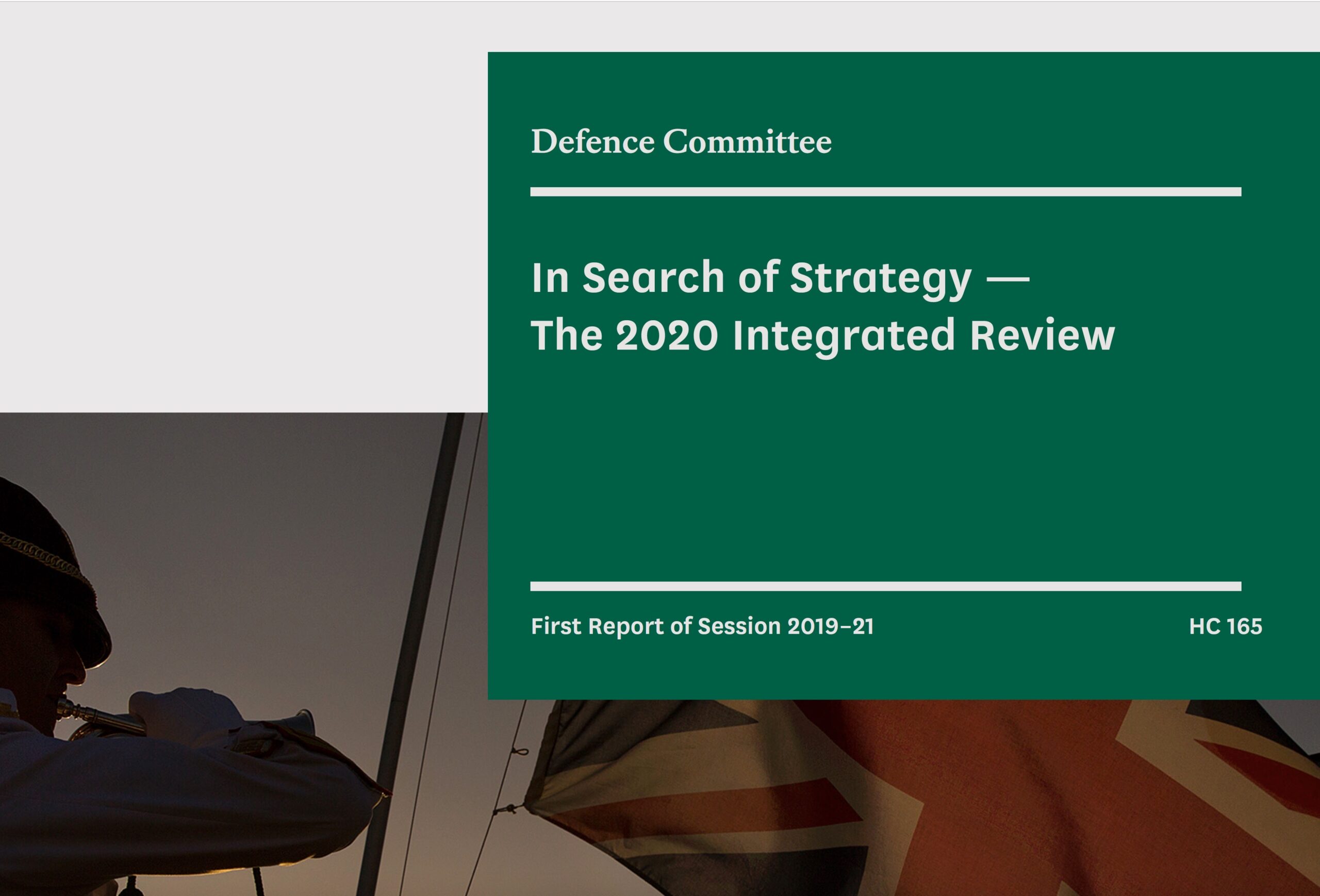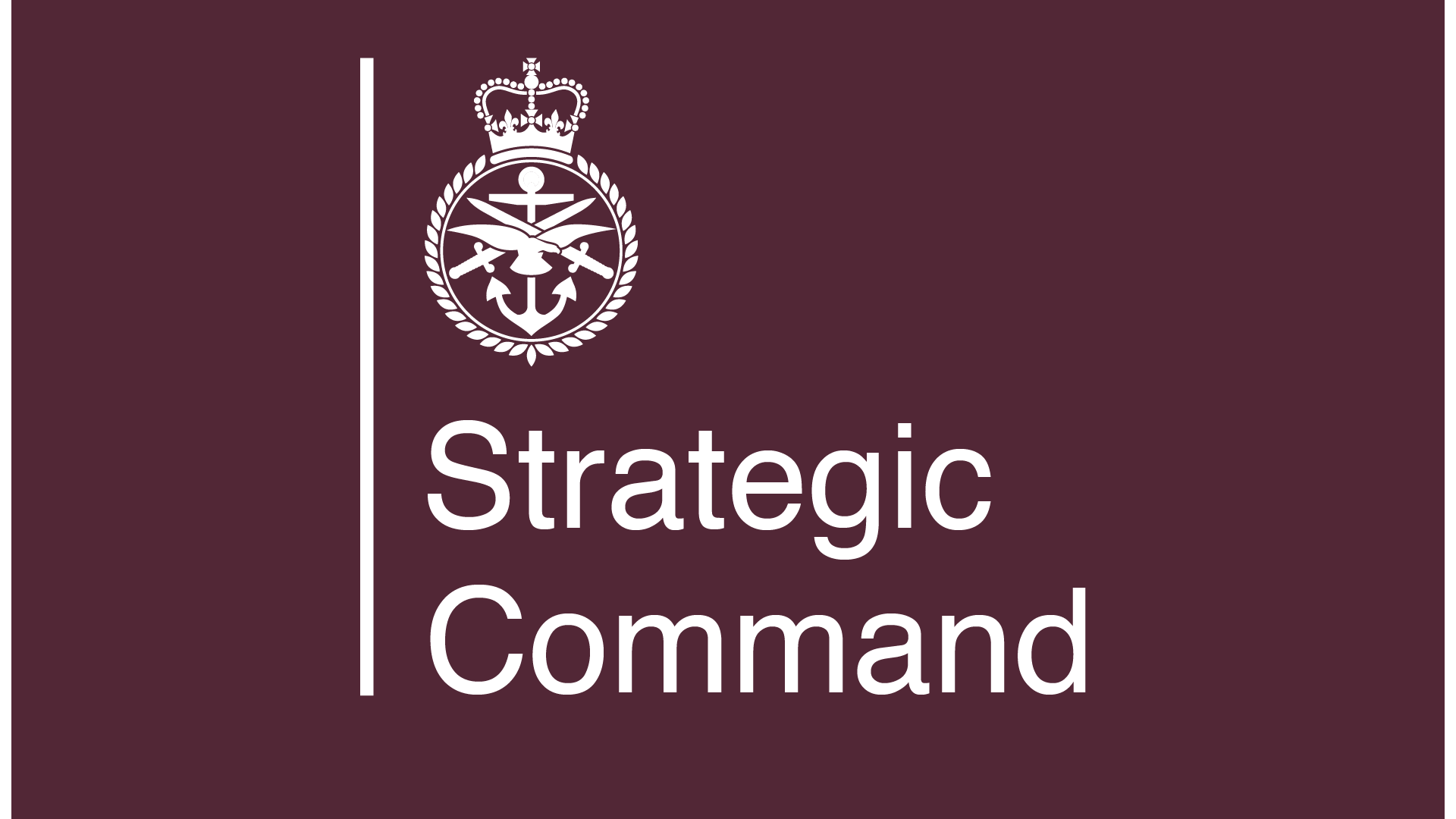Hot on the heels of the Integrated Review report – Global Britain in a competitive age – Secretary of State for Defence Ben Wallace (Conservative MP for Wyre and Preston North) has released a complementary Defence command paper – Defence in a competitive age. At its heart, the command paper has the mission “to seek out and to understand new threats, and to invest in the capabilities to defeat them”. As @onUKDefence has pointed out, the Integrated Review report had some serious flaws. Unsurprisingly, Defence Command Paper 2021 has some positive aspects and some negative ones.
Positive Aspects of the Defence Command Paper
The Secretary of State claims that, “if [the] Defence Command paper is anything, it is an honest assessment of what we can do and what we will do. We will ensure Defence is threat-focused, modernised and financially sustainable …”. In truth, the paper does make a reasonable attempt at articulating what Defence can do; albeit it is all very high level and there is little real detail. Of course, only time can tell what Defence actually will do! Also, within the bounds of security classification, the paper also calls out the threats Defence is most likely to have to confront in the coming decade. The chapter on the changing strategic context is both clear and concise.
As the paper steps through an assessment of the future battlefield, Defence’s own strategic approach and how it intends to evolve therein, its golden thread is clearly the Integrated Operating Concept 2025, which was published in September 2020. This document provides a credible conceptual aiming point for the MoD’s future force structure, and the command paper’s reliance on it is its clearest strength.
The other commendable aspect of the paper is that it has grasped the nettle over retiring sunset capabilities. Even though this has attracted significant criticism in the media and from the senior retired officer commentariat, in particular the decision to reduce the size of the army, the hard choices over what capability to retire have been made. Coupled with a fresh look at the best way to structure the armed forces to meet future challenges – primarily the Army – Defence has finally faced up to its responsibilities and paved the way for a financially sustainable force structure.
Negative Aspects of the Defence Command Paper
There are, of course, some negatives. As with all recent reviews, the Defence command paper has taken a ‘big hand, small map’ approach. To that end, much of the detail needed to make an informed analysis of the MoD’s future direction of travel simply is not in the document.
Of more significance is the complete failure to expose any details regarding planning assumptions. While the specifics of Defence Planning Assumptions will always be classified, previous defence reviews have always provided a broad outline of what the future force structure is designed to do. Generic details of the size and type of operations, frequency, concurrency and recuperation give defence analysts a framework against which to assess the development and suitability of the armed forces, as sunset capabilities are withdrawn, and sunrise capabilities come online. Without these guidelines in the public domain, it is impossible to tell what the government expects to get for the money it is committing to the defence budget and, more importantly, whether or not more is being demanded of the armed forces then they are funded to do.
Conclusion
On the whole, the good in Defence Command Paper 2021 outweighs the bad. It has remained true to Defence’s conceptual headmark, taken tough decisions over retiring capability, and is a credible start point for developing the armed forces the UK will need in the coming decade. This devil is, however, always in the detail, and the lack of detail in the command paper will make it very difficult for the government to be held to account over the development and future use of the armed forces. While that may put a smile on the face of ministers, it will be uncomfortable for the decision makers within the MoD, who still have a lot of hard work to do to turn the words of the defence review into action.






